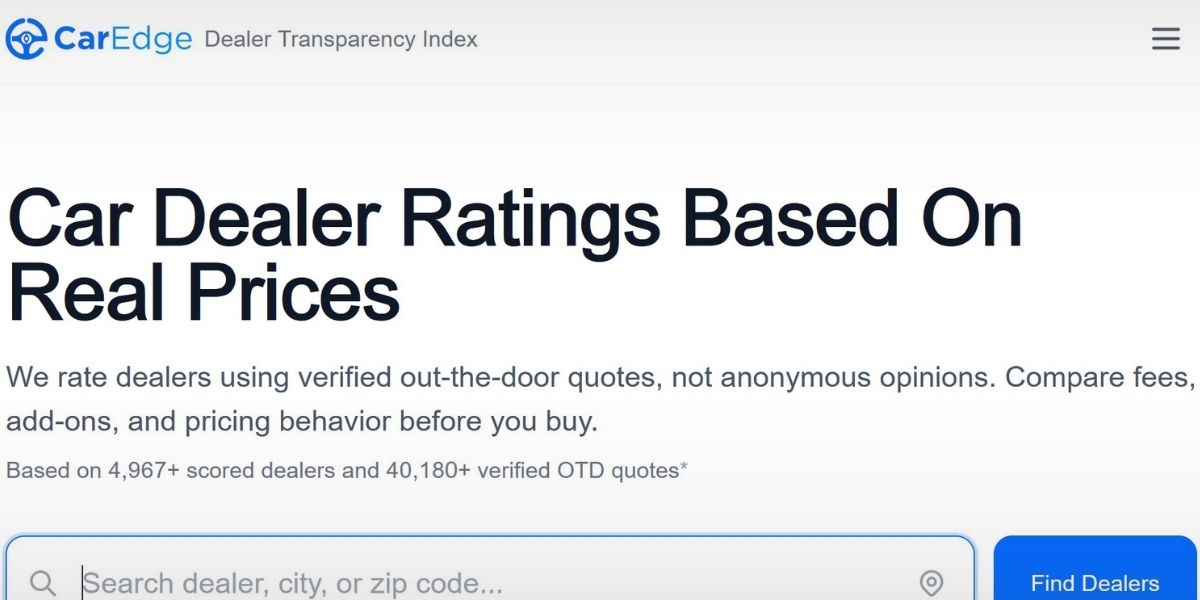Sports cars, luxury vehicles, and other exotic cars are often sought after by auto enthusiasts. They offer the highest levels of engineering and provide unparalleled experiences for those seeking to drive in style. Vehicles from manufacturers such as Ferrari, Lamborghini, McLaren, Bentley, and Aston Martin are primarily produced in Europe and then imported into the United States. However, due to their international origins, these vehicles are vulnerable to fluctuations in trade policies and tariffs.
As new tariffs set by the President’s administration take effect, people in the United States who own or plan to purchase these vehicles will need to understand how they may be affected. Tariffs are likely to affect both the purchase prices of exotic cars and the costs of maintaining them, including repairs and replacement of parts.
The Role of Tariffs in Vehicle Pricing
A tariff is a tax imposed on goods imported into the United States from another country. When tariffs increase, the cost of importing those goods also rises. Automakers, distributors, and dealerships often pass that added cost on to consumers. While tariffs on mass-market vehicles can affect a wide range of car buyers, tariffs on luxury and exotic cars will primarily impact a smaller group of consumers. However, the price changes due to tariffs are likely to be significant because these vehicles already command high prices.
For example, if a sports car valued at $300,000 is subject to an additional 25 percent import tariff, the price could rise by $75,000. Other factors, such as local taxes and dealer costs, may lead the price to increase further. Even for high-income buyers, this type of increase may influence purchasing decisions, and some may explore options for purchasing exotic cars manufactured in the United States to help minimize their costs.
Recent Developments in Auto Tariffs and Trade Policy
One of the primary policy decisions has been the imposition of tariffs on nearly all goods imported into the United States. These have included 25% tariffs on imported cars, which took effect on April 3, 2025, and a 25% tariff on imported car parts, which took effect on May 3, 2025.
The United States has been in discussions with the European Union, and it has been reported that a trade deal has been reached, reducing tariffs on imported cars from 25% to 15%. However, as of October 2025, this deal has not yet been finalized, and the 25% tariff remains in place.
Negotiations between the United States and the United Kingdom have resulted in reduced tariffs that may apply to purchases of luxury vehicles. For the first 100,000 vehicles imported from the U.K., a 10% tariff will apply. Any vehicles beyond that quota will be subject to a 27.5% tariff. The 100,000 vehicle quota aims to reflect the number of cars typically imported from the U.K. each year. If the number of imports increases, this could lead to higher prices for certain luxury vehicles.
Tariffs on Auto Parts and Their Impact on Repairs
Even when tariffs do not directly target finished vehicles, they can affect the cost of maintenance and repairs through tariffs on imported auto parts. Exotic cars often require specialized components that are not widely available. In many cases, these parts must be ordered directly from the manufacturer or certified suppliers.
The 25% tariffs imposed on imported auto parts are likely to increase the costs of maintaining and repairing exotic cars. This impact may extend beyond repairs to include performance upgrades, restoration work, and maintenance services that rely on imported materials.
Exotic Car Brands Affected by Tariffs
A wide range of high-end automakers could be affected by tariffs and shifts in trade policy. Sports cars from Ferrari, Lamborghini, and Maserati are manufactured in Italy, and they will be subject to tariffs that apply to imports from the European Union. Similarly, Porsche sports cars are manufactured in Germany, making them subject to tariffs on European imports. The pricing of these vehicles is likely to increase as a result.
Vehicles manufactured in the United Kingdom will also be subject to tariffs, which could range from 10% to 27.5%. This is likely to result in increased prices for U.S. consumers who purchase these vehicles. The vehicles affected include sports cars manufactured by McLaren and luxury vehicles manufactured by Aston Martin, Bentley, or Rolls-Royce. In some cases, parts for these vehicles may be manufactured in Europe or Asia, making them subject to tariffs based on their country of origin.
Broader Economic Effects
Tariffs may also influence broader market conditions, affecting purchases of exotic vehicles. In some cases, consumers may delay purchases or opt for certified pre-owned sports cars or luxury vehicles, which are more likely to be exempt from import tariffs. The economic effects of tariffs on other types of goods may also affect people’s ability to purchase new vehicles.
While the purchase of a used exotic car may seem beneficial until economic conditions become more stable, those looking to make such a purchase will likely benefit from a pre-purchase inspection performed by a certified mechanic. A technician familiar with these vehicles can identify any concerns, determine what maintenance or repairs may be needed, and help ensure that the investment in a luxury vehicle is sound.
Looking Ahead
The administration’s tariff policies may aid change in the future, depending on global trade negotiations, economic conditions, and other factors. However, the current volatility in the global economy and supply chains may lead to increased uncertainty, and pricing may fluctuate accordingly. People interested in purchasing exotic cars should be aware of the potential for increased costs in the initial sale and during future repairs or maintenance.
Disclaimer: The information provided in this article is for general informational purposes only and reflects the current understanding of tariffs and trade policies affecting the importation of exotic cars as of October 2025. Tariff rates, trade agreements, and other related policies are subject to change, and the information presented here may not reflect the most up-to-date details. Readers are advised to consult with relevant authorities, importers, and legal professionals for the latest updates and to understand how these changes may directly impact their specific circumstances. This article does not constitute financial or legal advice.








